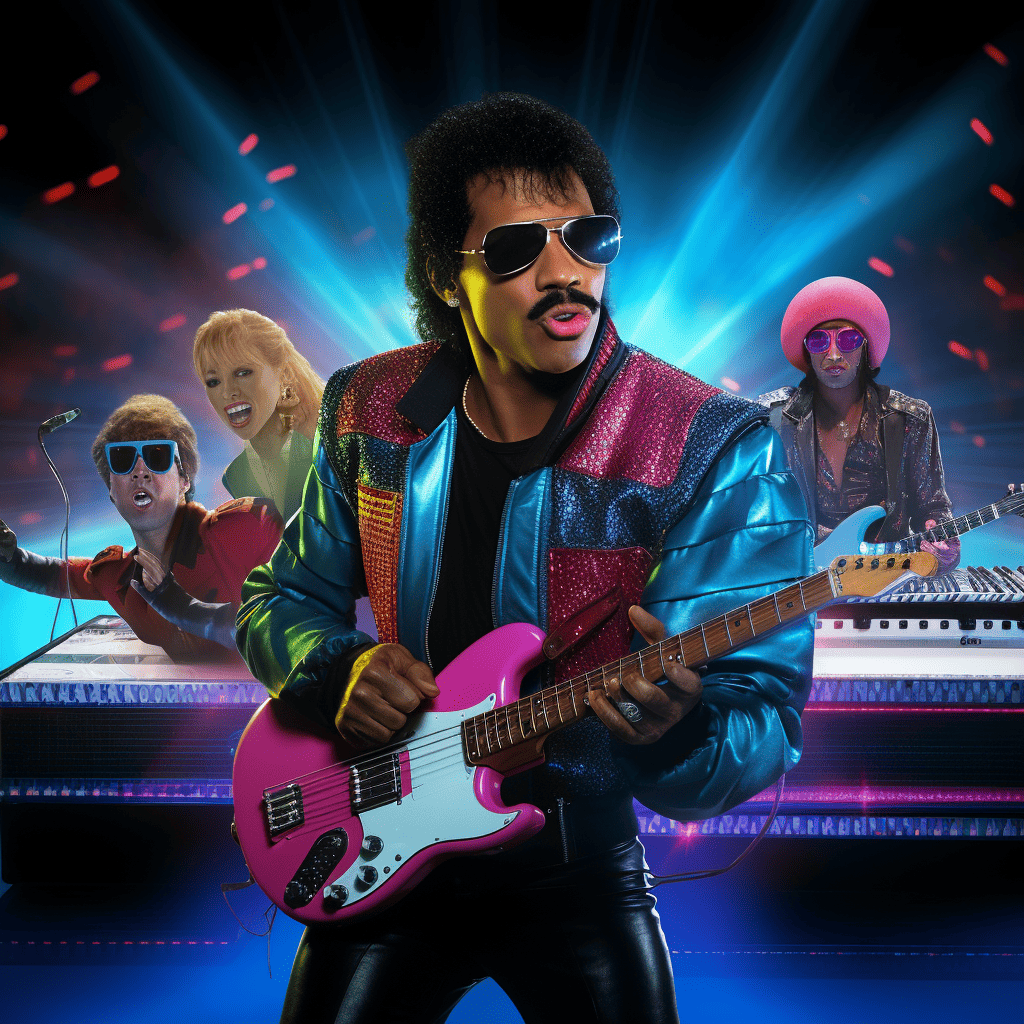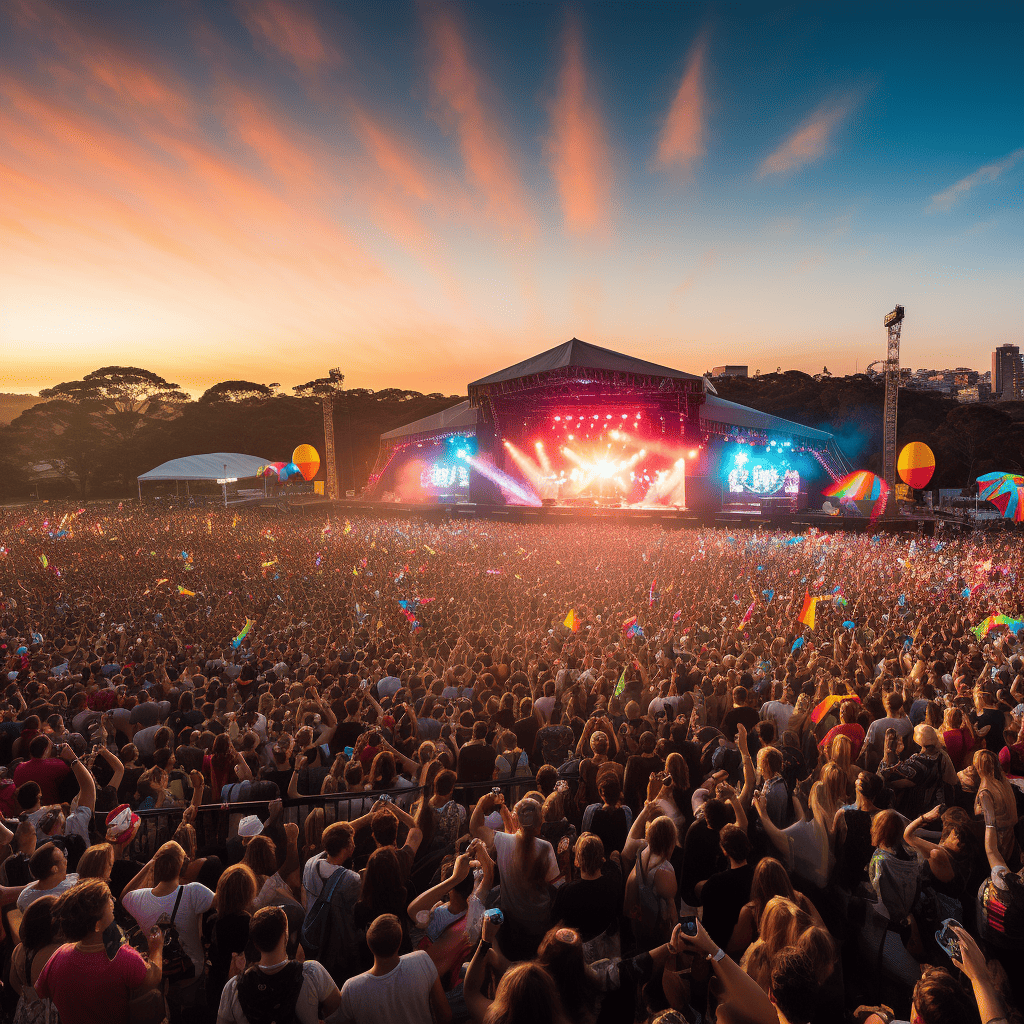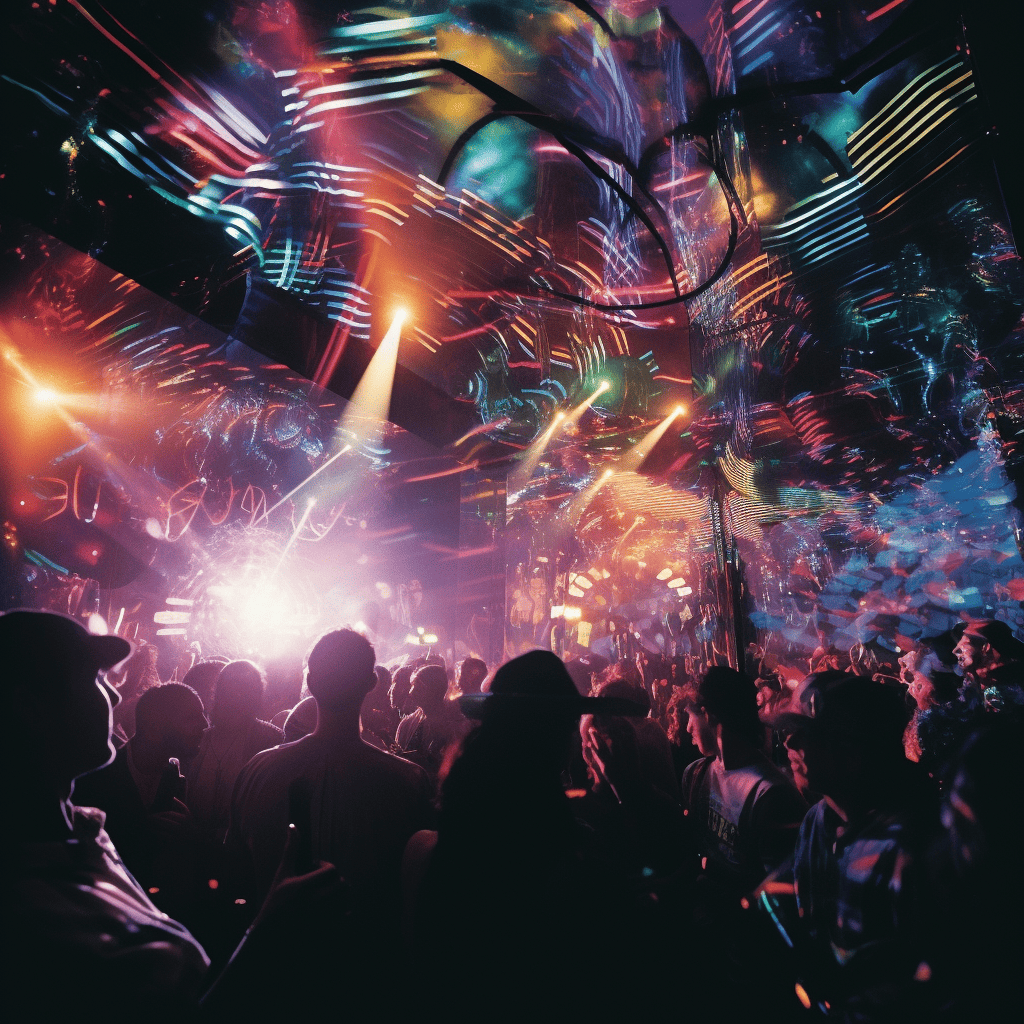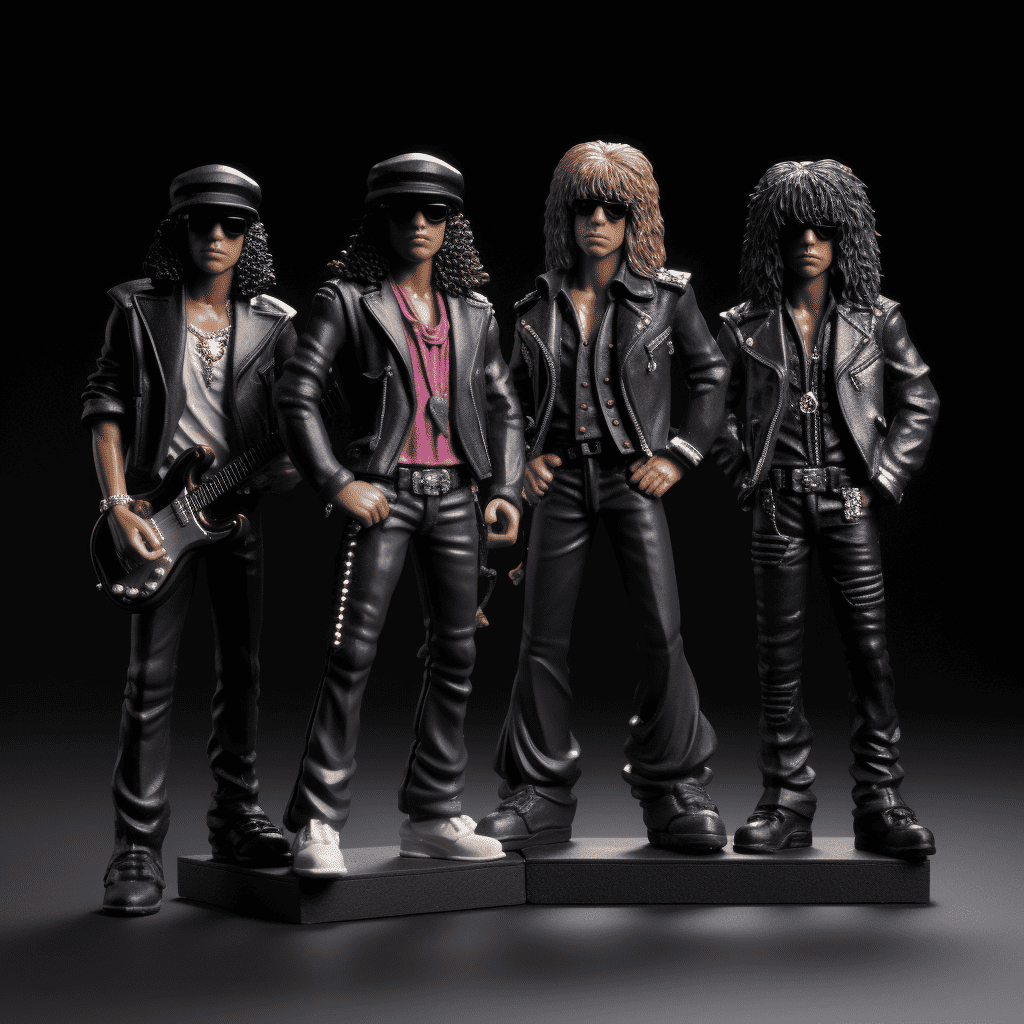Introduction:
Attention music lovers and cultural aficionados! Have you ever pondered the profound influence of music beyond mere entertainment? Today, we delve into the symbiotic relationship between music and society, exploring how songs and genres not only reflect but also actively shape social movements and cultural evolutions.
Influence of Songs and Genres on Social Movements:
- 1960s Civil Rights Movement: The soulful melodies of the 1960s became the soundtrack of the civil rights movement. Iconic figures like Aretha Franklin with “Respect” and Sam Cooke with “A Change Is Gonna Come” voiced the yearnings and struggles for equality and justice. Their music resonated deeply, fuelling the movement’s momentum and echoing its core messages of hope and resilience.
- The Vietnam War Era: The tumultuous Vietnam War era witnessed a surge of anti-war anthems. Songs like Creedence Clearwater Revival’s “Fortunate Son” and Marvin Gaye’s “What’s Going On” became powerful expressions of the era’s anti-war sentiment. They articulated the frustrations of a generation caught in the crossfire of conflict, advocating for peace and understanding in a time of turmoil.
- Hip-Hop and Social Commentary: The emergence of hip-hop brought a new voice to the forefront of social commentary. Tracks like Public Enemy’s “Fight the Power” and Kendrick Lamar’s “Alright” exemplify hip-hop’s enduring role in addressing issues like racial injustice, systemic oppression, and the quest for equality. These artists use their music as a tool for social awareness, challenging listeners to confront uncomfortable truths and inspiring action.
Songs with Significant Cultural Impact:
- “We Are the World”: This global anthem transcended music to become a symbol of unity and humanitarian action. It demonstrated music’s unique power to bring together artists from diverse backgrounds for a common cause, raising awareness and funds for famine relief.
- “Born This Way” by Lady Gaga: Embracing the LGBTQ+ community, this song became a rallying cry for acceptance and empowerment. Its message of self-love and inclusivity resonated globally, marking a significant moment in the movement for LGBTQ+ rights.
Artists as Influencers of Social Change:
From Bob Dylan’s protest songs in the ’60s to Beyoncé’s powerful visual album ‘Lemonade’, artists have consistently leveraged their platforms to spotlight social issues. They serve not only as entertainers but also as catalysts for dialogue and change, influencing public opinion and bringing critical issues to the forefront of cultural consciousness.
Conclusion:
Music is a powerful tool that transcends mere auditory pleasure. It reflects the societal pulse, influences cultural shifts, and drives revolutionary movements. Through their art, musicians have the unique ability to echo the sentiments of society, challenge the status quo, and inspire change. As history has shown, music and culture are inextricably linked, with songs often serving as the rhythm behind social and cultural tides.
Hashtags: #MusicAndSociety, #SongsOfChange, #CulturalImpact





